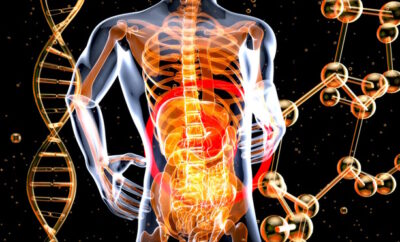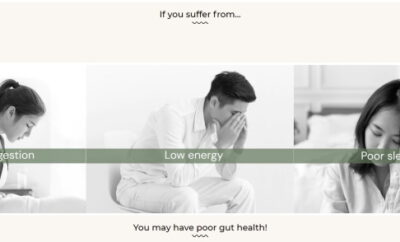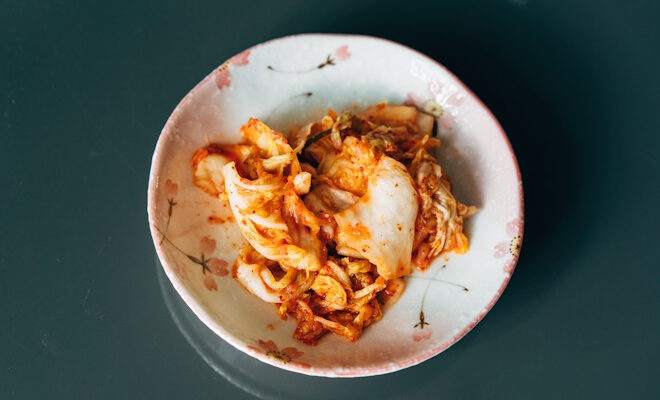
Insights + interviews
Power of probiotics: Impact on digestive health and beyond
In many parts of Asia, probiotics have become well known today as important agents in maintaining digestive health.
The probiotics market is expected to grow in the next few years, driven by an increase in consumer interest in preventive healthcare and the rising consumption of functional foods.
For example, in a study by Lynch et al. (2021), it has been shown that at least one in two consumers used probiotics to improve overall health and longevity and 45 percent believed that probiotics improved gastrointestinal symptoms.
As people become increasingly aware of the intricate relationship between gut health and overall well-being, they are opting for probiotics foods and supplements to support and optimise their health and well-being.
What are probiotics?
The term “probiotic” originates from Greek which signifies “promoting life.” Simply put, probiotics are the “good” bacteria that keeps our body healthy by maintaining good gut health.
The gut microbiome consists of the trillions of bacteria, fungi, and other microorganisms in our digestive tract. Problems due to dietary changes, medications or hygiene can affect the composition of the gut microbiome in our gut system. Therefore, the preference towards effective and safe remedies to treat health issues has led to the rising interest in probiotics.
What’s interesting is that the concept of probiotics goes back to the 1900s when Louis Pasteur discovered them as the source of fermentation in food such as yogurt. Later, Élie Metchnikoff, his disciple, discovered the positive effects of fermented dairy on gastrointestinal metabolism, linked to illness and aging.
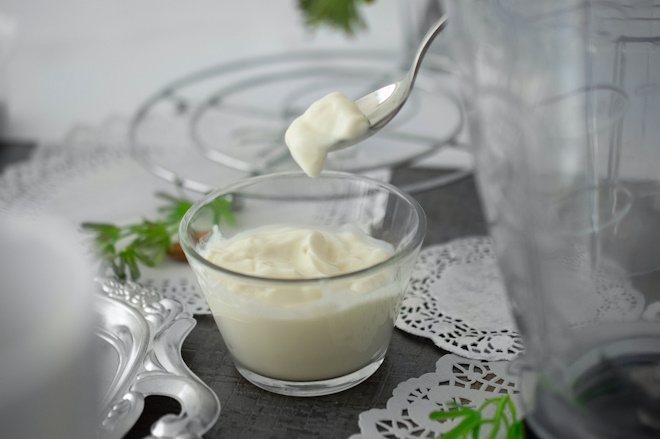
Benefits of probiotics
This important role of probiotics was aptly reflected during the 2023 World Digestive Health Day, when the World Gastroenterology Organization (WGO) selected the theme of “Your Digestive Health: A Healthy Gut From the Start.”
While the benefits of probiotics to digestive function are well-documented, the list of additional health benefits of probiotics continues to grow and is supported by scientific evidence:
- Immune system: In Herbalife’s 2023 APAC Health Priority survey, consumers said that enhancing immunity is one of their top three health goals. It is worth noting that the digestive system plays an integral role in supporting immune function and is responsible for 70 – 80 percent of our immune cells in the gut. The microbes which are present in the intestinal tract help in digesting food, fighting harmful bacteria, and regulating the immune system. When the gut becomes unbalanced and the level of bad bacteria increases, it can lead to diarrhea and other health problems. Probiotics can help restore the balance. They can secrete protective substances, which may activate the immune system and prevent pathogens from creating major diseases.
- Cardiovascular health: Probiotics have potential cardiovascular health benefits. Recent studies have suggested that the cause of cardiovascular diseases (CVD) could be due to microbiome imbalance in the human gut. Probiotics can lower low-density lipoprotein cholesterol (LDL-C) and improve the LDL-C/high-density lipoprotein cholesterol (HDL-C) ratio, besides lowering blood pressure, inflammatory mediators, blood glucose levels, and body mass index.
- Overall mood: Our gut is often known as the second brain. The connection between our brain and the digestive tract is understood by the feeling of a churning stomach that we experience when we are stressed or when anxiety strikes. Recent research found that there might be a possibility of the gut influencing our feelings. It is believed that our brains are aware of our gut microbes. These bacteria have the power to affect our perception of the world and alter our behavior.
- Disease prevention: Probiotics have shown promise in treating a number of medical conditions, including the treatment of infant colic, the prevention of necrotizing enterocolitis and sepsis in premature infants, the treatment of periodontal disease, and maintenance of remission in ulcerative colitis. However, more research is needed because the efficacy of probiotics can be strain and disease specific.
- Cancer prevention: Colorectal cancer (CRC) is the third most deadly cancer. Probiotics can play an important role in preventing and treating cancer effectively. Various studies have found the promising effect of probiotics as a prevention tool for CRC and possibly treatment. Probiotic bacteria may play a substantial role in helping the gut microbes regain their homeostasis as these strains have the power to detect and degrade potential cancer-causing factors, cells, and threats to the immune system of the host.

Promoting the growth of good bacteria
There are some simple habits that we can adopt to support our gut health and complement the use of probiotics:
- Eat right: The gut is only as good as what we feed it. There are many different microbes that live in our gut, and gut health relies on the right balance of the different types. The typical modern diet, with an abundance of sugar and highly processed foods, promotes the growth of certain bacteria that can lead to digestive discomfort. Therefore, it is essential for us to incorporate food such as high-fiber fruits, vegetables, and whole grains that are beneficial to our gut microbiomes. The Asian diet, which traditionally has been more plant-based than the Western diet, is considered to be more helpful in promoting good gut bacteria.
- Fermented food: Most Asian cuisines typically have dishes that are fermented, and these are filled with gut-friendly bacteria. By consuming fermented foods that contain live bacteria, we can introduce beneficial bacteria directly into the digestive tract. Common examples of probiotics found in our food sources include fermented vegetables such as pickles, kimchi, fermented soy products such as miso and tempeh, cultured non-dairy yogurts (labeled as live active cultures) and kombucha.
- Regular exercise: Regular physical activity stimulates the gut while increasing intestinal activity, thereby preventing digestive problems. It also increases blood flow to all our muscles, and keeps the muscles in the digestive system moving, allowing food to pass through it much quicker, even when you’re resting.
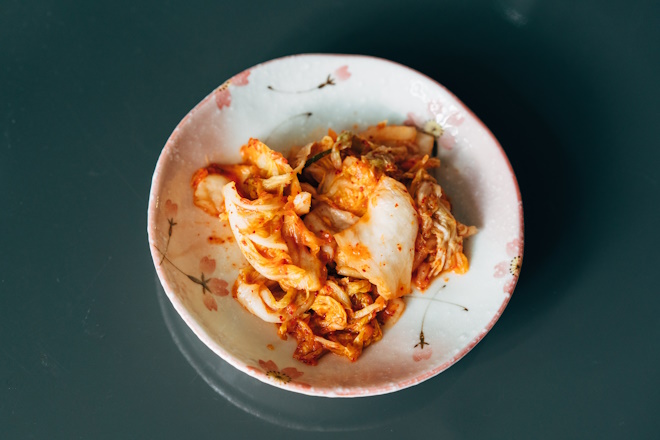
In the modern world, our diets are not naturally high in probiotics. To compensate, we are finding new ways to introduce more probiotics into our digestive tract. Probiotic supplements are definitely trending, as well as foods that have probiotics added to them. Supplements should be taken in amounts recommended on the product label. If you have any medical problems or take any medicines regularly, talk to your healthcare provider before you start using probiotics.
Opinion editorial contributed by Alex Teo, Director, Research & Development and Scientific Affairs – Asia Pacific, Herbalife
Photos by Markus Winkler, by Jamie Street and by Sara Cervera on Unsplash

